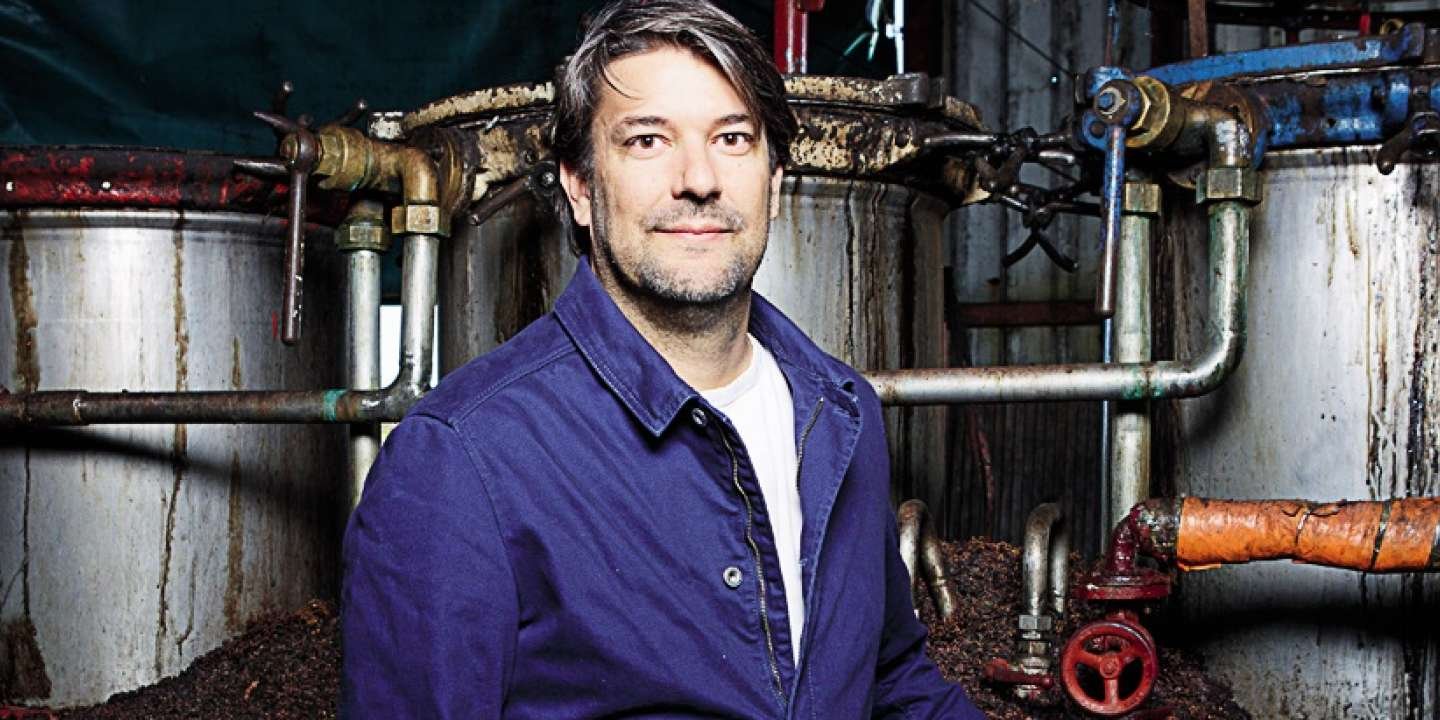After tasting more than 20 expressions, here are five complex, affordable and additive-free bottles for sipping and mixing.
“Can you recommend a good tequila?” This is a simple question that just about anyone who has an interest in agave spirits likely gets asked by friends, colleagues and family members. But when it comes to modern tequila, it demands a follow-up question: Good how?
Nearly eight years ago, when we first compiled a list of blanco tequilas to taste, it was a month after George Clooney’s Casamigos brand became a unicorn, selling to Diageo for a whopping $1 billion. It seemed like the peak before an inevitable downturn of celebrity-backed tequila. Surely the market could bear only so many; surely this was an aberration. But each time we’ve gathered since, another handful of well-publicized celebrity tequilas have entered the market. Each new high-profile release has made that follow-up question—Good how?—as much a mainstream concern as an industry one. It’s no longer a question of transparency around who is actually making the spirit, but also How?, and Who actually benefits?
Luckily, there are not only more celebrity tequila brands on the market, but there’s also a greater selection of tequilas from artisanal brands who have made great farming, fair labor practices and the preservation of traditional methods their mission. What actually ends up in a bottle of tequila has also become more of a consumer concern than ever. (Spoiler: 70 percent of all tequila contains undisclosed additives, often used to alter flavor or mouthfeel.) The words “additive-free” are now increasingly common on labels from producers who proudly eschew these practices. So, yes, for every great bottle of blanco tequila, there are probably a dozen not-so-great ones, but there is still so much to love about this category, and at an affordable price point.
In searching for best-in-class blanco tequilas, we focused on value and bottlings that were singular without breaking from the qualities that have come to define what we love about the category: salinity, minerality, grassiness, earthiness and, above all, purity. For the tasting, Punch editors convened to taste 21 tequilas priced at $50 or less. As in previous tastings, at best the field showed the incredible range that blue Weber agave can express; at worst, there was unevenness in terms of quality, most often manifesting in spirits that were muted, or perhaps delivered on aromatics but struggled to have the kind of textural complexity and completeness of our top picks. But let’s focus on the positives, shall we?
Without further ado, here are our favorite affordable tequilas for sipping and mixing.
Editor’s note: Because prices vary by market, certain bottles listed below may retail for slightly above $50.
Mi Casa Blanco Tequila
In 2000, Mi Casa, a family-owned operation, set out to be the best agave producers in the world, with no intention of making their own tequila. Five years later, they decided they’d rather control the process from start to finish, and another six years after that, Mi Casa tequila hit U.S. shores. Produced from naturally sugar-rich agave (with 32 percent Brix, compared to the industry standard of 26 to 28 percent) grown in the highlands of Michoacán at 6,500 feet, the resulting blanco tequila, which is rested in stainless steel, found favor with the tasters for its soft, clean and subtle earthiness, with no hint of the artificiality that plagues so many tequilas at this price point. While it can be found for under $50, this bottle does creep up by a few dollars depending on the retailer.
PRICE: $49 (750 milliliters)
ABV: 45.5%
Gran Agave Blanco Tequila
Gran Agave also hails from the highlands of Jalisco, and like Tequila Ocho, it’s produced using traditional methods: Hand-harvested blue Weber agave piñas are slow-roasted in brick ovens, fermented with wild yeast and distilled in copper pot stills. Destilería Santa Lucía, where Gran Agave (among other tequilas, including Costco’s Kirkland Signature brand) is made, is a family-owned operation that dates back to the 1940s, with a focus on heritage production. The resulting tequila is a rich, almost milky expression that manages to be both zippy and restrained, with a pleasant temple spice–like note on the nose. At less than $40 per liter, it’s one of the best values on the market.
PRICE: $37 (1 liter)
ABV: 40%
Azul Force Blanco Tequila
This tequila is crafted at Agaves Selectos Corona in the town of Tonaya, Jalisco, a region known for its tequila heritage. What sets it apart is the blend of traditional practices, such as natural fermentation and using estate-grown blue Weber agave, with modern equipment. The agave is cooked in a 40-ton autoclave before resting with the autoclave door open for 24 hours to stabilize the sugars. Fermentation is entirely natural, relying on ambient wild yeast and lasting between three and seven days before the mixture is distilled in a column still. The result is a spirit that balances clean, high-efficiency distillation with rich, terroir-driven character. The tasting panel found this to be mellow, with layers of complexity that feel exceptionally integrated. A tannic finish makes you want another sip. This bottling is not yet on store shelves, but the importer, PM Spirits, expects it will be within the month; it’s worth seeking out as one of the better values on the market.
PRICE: $32 (1 liter)
ABV: 40%
https://punchdrink.com/articles/best-affordable-blanco-tequila-2025/















